Post
A catch
Save a catch to start your fishing logbook. You will be able to to share it with the community if yo want!
A fishing trip
Post an ad to go fishing with other fishermen
Save a catch to start your fishing logbook. You will be able to to share it with the community if yo want!
Post an ad to go fishing with other fishermen
Share a thought, a question with the community
My favorite cities
×Join our 496 fishermen in St-John-s-Highway in Norfolk. The fishing forecast is currently 5.2. The most caught fishes here are bitterling fish, the ide fish, the minnow fish and the bullhead fish. Come try the most famous fishing techniques like the dive fishing, the stalking fishing technique, fishing with bombette or how to fish for sole at sea?.
Our fishing forecast of St John's Highway indicates the best time to go fishing in this city.
Bitterling Fish
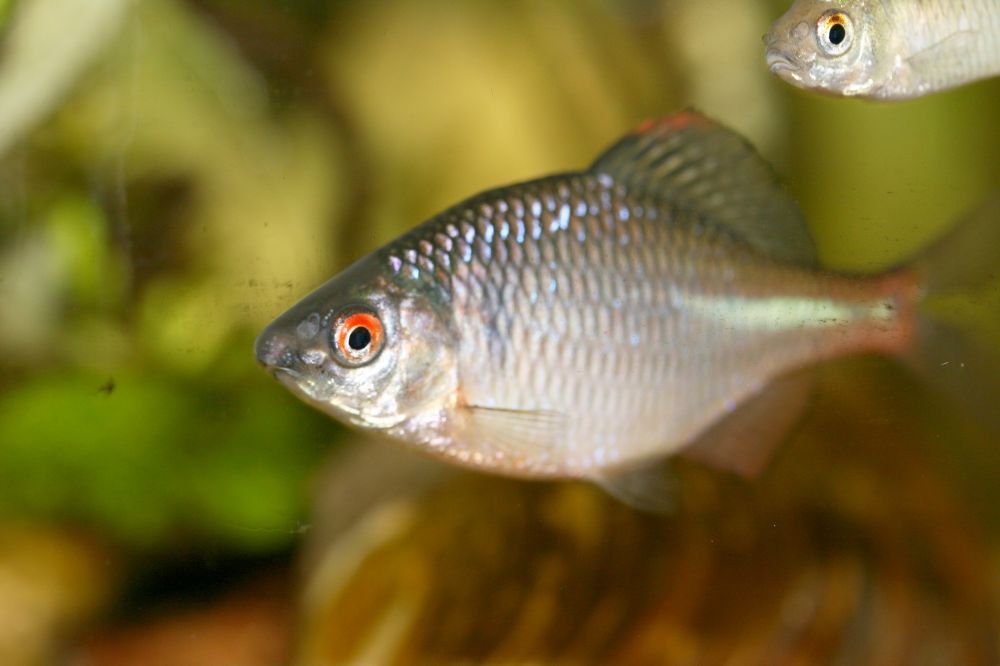
The Bitterling fish is a freshwater fish and belongs to the Cyprinidae family. Its scientific name is Rhodeus Amarus. The current size of the bitterling fish is 5-6 cm. Some individuals can reach a maximum height of 11 cm and a weight of 10 g. This species is one of the smallest Cyprinid in Europe. It lives on average from 2 to 3 years. The spawning period is between April and June. It lays 40 to 100 oocytes. This fish is easy to catch due to its small size. The bitterling is a small fish whose body is high and laterally compressed. The lateral line is short or incomplete. The scales on the back have a grey-green coloring. The sides are clear with silvery reflections. During the breeding period the silver coloration changes to a pink to bright red color with a dark blue sideband. Sexual dimorphism occurs between the male and female during reproduction. A 5 to 8 mm laying tube (ovipositor) develops in the female, which allows her to lay her eggs in the gill cavity of freshwater mussels. The male has a higher body than the female and its colors become brighter during the breeding season. The bitterling fish's eyes are quite large. Its mouth is small, oblique and the upper jaw protrudes beyond the lower jaw. The anal and dorsal fins have a short base and 8 to 10 branched rays.
Bitterling Fish is a famous fish you can catch in St John's Highway.The Ide fish
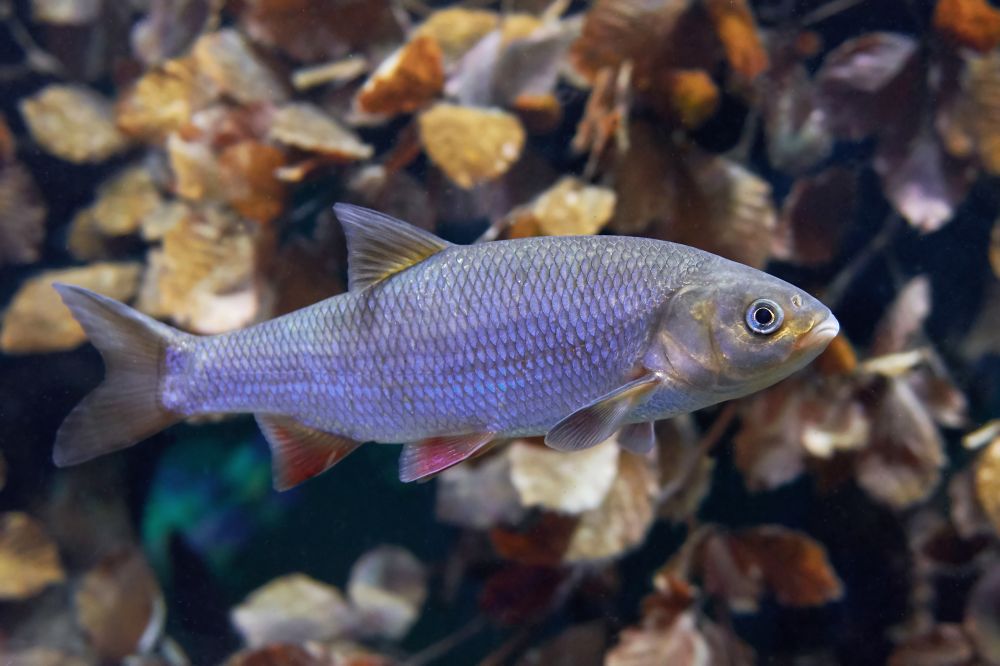
The Ide fish belongs to the Cyprinidae family. Its size is generally between 30 and 50 cm but this fish can reach a maximum length of 80 cm for a weight of 5 kg and an age of nearly 20 years. Spawning takes place from March to April. Females lay between 60,000 and 160,000 eggs. The fishery is open from June to March. The body is long and laterally compressed with a terminal mouth pointing upwards. The head is strong with a small mouth, obtuse snout and yellow eyes. The back is rounded. The anal fin has a concave rear edge. The back and upper part of the head are greyish-green to brown; the yellowish-brown flanks have silvery or golden reflections; the belly is whitish. The fins are dark except for the pelvic, ventral and anal fins which are frankly red. In older and larger specimens, the body color may turn yellow/bronze.
The Ide fish is a famous fish you can catch in St John's Highway.The Minnow fish
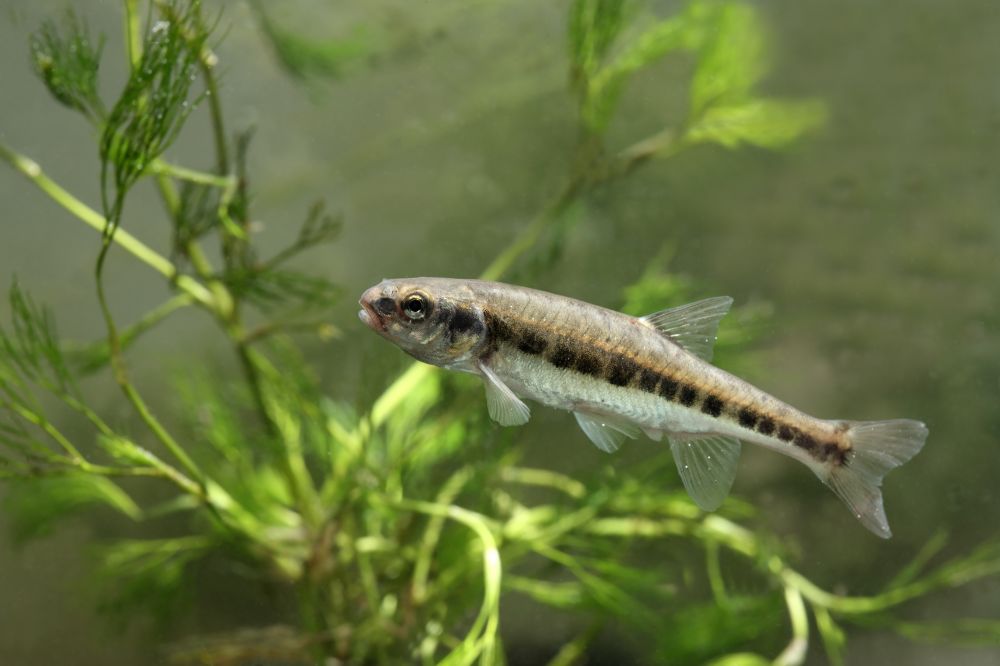
The Minnow fish belongs to the Cyprinidae family. The minnow is a small fish with a length of 4 to 10 cm (maximum 14 cm) and a weight of 3 to 10 g (rarely more than 13 g). Life expectancy is 4 to 5 years (maximum 11 years). Reproduction takes place from April to July or from one region to another. Depending on size, the female lays between 200 and 1000 eggs. It can be fished all year round. It moves in benches. It is often accompanied by trout of the same size and young salmon. The body is shaped like a spindle. The head has a rounded snout, the mouth is terminal (the upper jaw slightly protrudes from the lower jaw). The back is dark green, the upper part of the flanks is light brown with large black-brown spots (sometimes linked to form stripes), while the lower part is yellowish green with silvery highlights, the belly is creamy whitish (in spawning season, it is copper red in males). The lateral line usually only extends to half of the body. The caudal peduncle is compressed laterally. The fins are rounded and transparent. The caudal fin is clearly indented; the ridge is quite high.
The Minnow fish is a famous fish you can catch in St John's Highway.The Bullhead fish
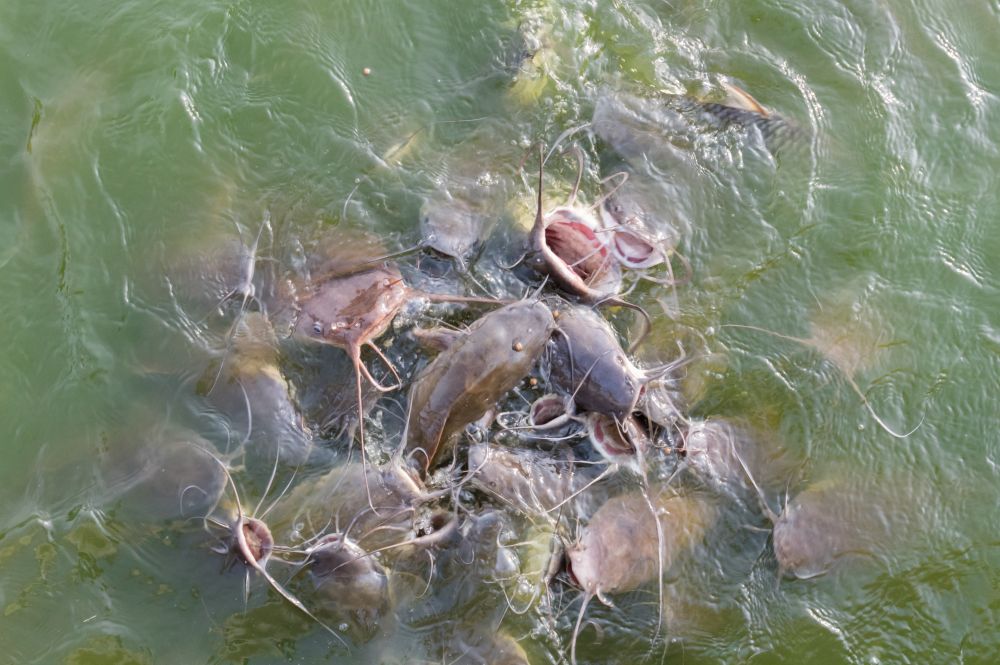
The Bullhead fish belongs to the Ictaluridae family. This species generally measures 15 to 20 cm, but can reach a maximum of 45 cm for a weight of 2 kg. It can live up to 6 years. It breeds in May-June and lays up to 5000 eggs. It can be fished all year. It is a scaleless fish with bare, viscous skin. Its naked body is elongated and has thousands of sensory cells (electro-receptor cells) that are a particular feature of the species. He has a large flattened head, a very wide mouth with large lips and 8 barbels, 6 of which hang, and 2 are located behind the nostrils. Its pectoral fins have sharp spines that are dangerous. Similarly, its first dorsal fin has a sharp sting. It also has a short fat fin (between the dorsal and caudal fins). Its brown back is almost black or greenish brown, its sides lighter, its belly yellowish white.
The Bullhead fish is a famous fish you can catch in St John's Highway.The Strerlet fish
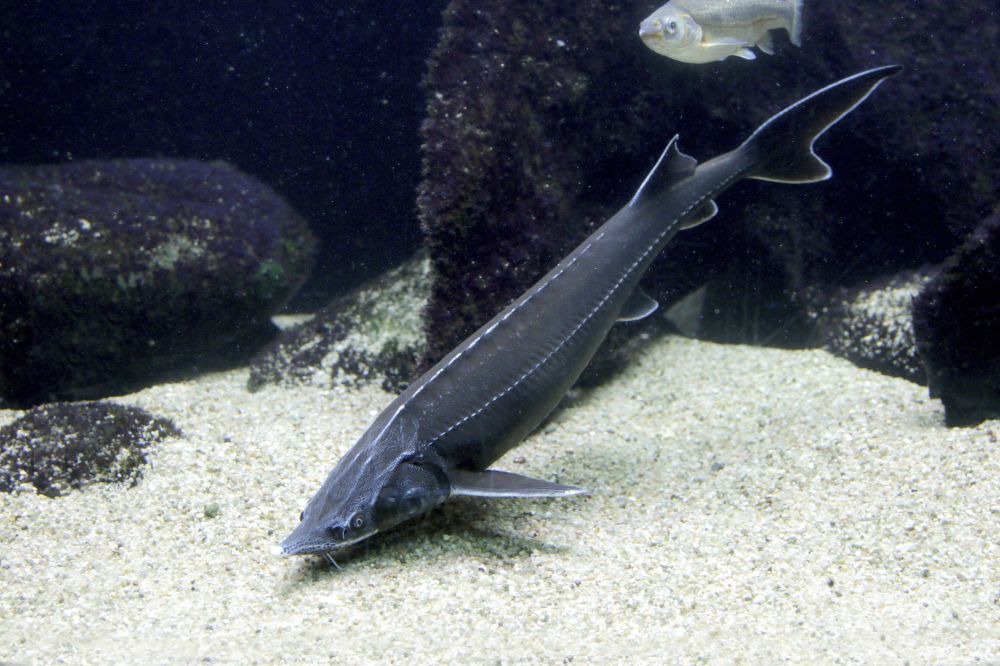
The Sterlet fish belongs to the Acipenseridae family. The Sterlet fish measures about 3.50m in length and weighs 300kg. It can live a hundred years. Females lay more than 800,000 eggs on the gravel. Spawning season is around May to June. It can be fished all year round. The back and sides are grey to beige, the ventral and lateral parts are lighter (almost white). Five longitudinal rows of large bone plates are arranged along the body. The upper lobe of the caudal fin is more developed than the lower lobe. The muzzle is narrow, pointed and raised upwards with four long fringed barbells. The lower lip is notched in the middle. The Sterlet fish has a protractile mouth placed on the underside of the head.
The Strerlet fish is a famous fish you can catch in St John's Highway.Our fishing forecast of St John's Highway indicates the best time to go fishing in this city.
Our fishing forecast of St John's Highway indicates the best time to go fishing in this city.
Our fishing forecast of St John's Highway indicates the best time to go fishing in this city.
